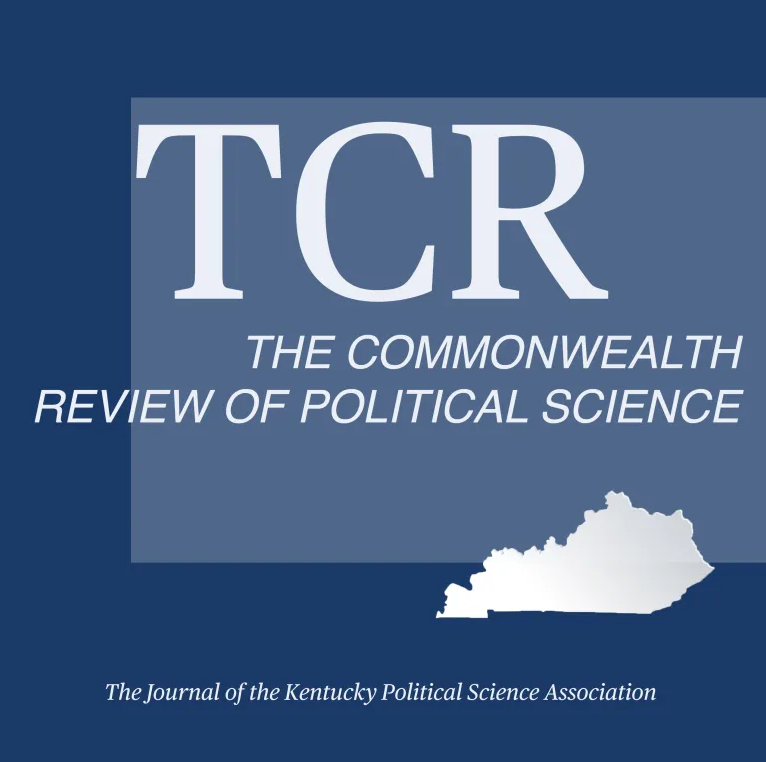Commonwealth Review of Political Science

Abstract
Prior to this analysis of Justice Antonin Scalia's tendencies in Supreme Court (SCOTUS) adjudication, it is primarily necessary to elaborate upon the condition of the SCOTUS as an institution; secondarily, it is necessary to establish an intellectual foundation from which one may deduce objective observations regarding the quality of a decision rendered in comparison to the ideals of justice and equality. To establish this requires an existential analysis of the adjudication process, which will also take place during this phase of the discussion, and finally, the remainder of this analysis will focus on applying these objective observations to the decisions issued by Justice Scalia on a variety of cases that have come before the SCOTUS; so that we may deduce the quality of these decisions when compared to the foundations that will have been established. Without these initial considerations, the foundation from which one may declare any decision of any justice as "good" or "bad" in reference to the objective ideals of justice and equality will be removed, and the entirety of the proceeding argument unravels. Therefore, careful articulation of these foundational concepts will be necessary for a valid critique of any judicial decision-making, and thus is the relevance between what may seem to be metaphysical critiques of a physical institution; indeed they are inseparable. What nil! be the overriding prognostication of this inquiry--and which is examined via an analysis of Justice Scalia specifically--is namely this: if the SCOTUS is to remain an institution which promulgates and adheres to the concepts of justice and equality, that institution must require its adjudicating members to examine each and every case as if they themselves were the party with the most vested and sacred conviction being questioned; viz., through the "veil of ignorance."
Recommended Citation
McNichols, Nathan
(2015)
"Decisions Dictated By Perceptions: The Influences of Society and Education in Scalia's Originalism,"
Commonwealth Review of Political Science: Vol. 3:
No.
1, Article 5.
DOI: https://doi.org/10.61611/2994-0044.1019
Available at:
https://digitalcommons.murraystate.edu/crps/vol3/iss1/5
Included in
History Commons, Political Science Commons, Psychology Commons

